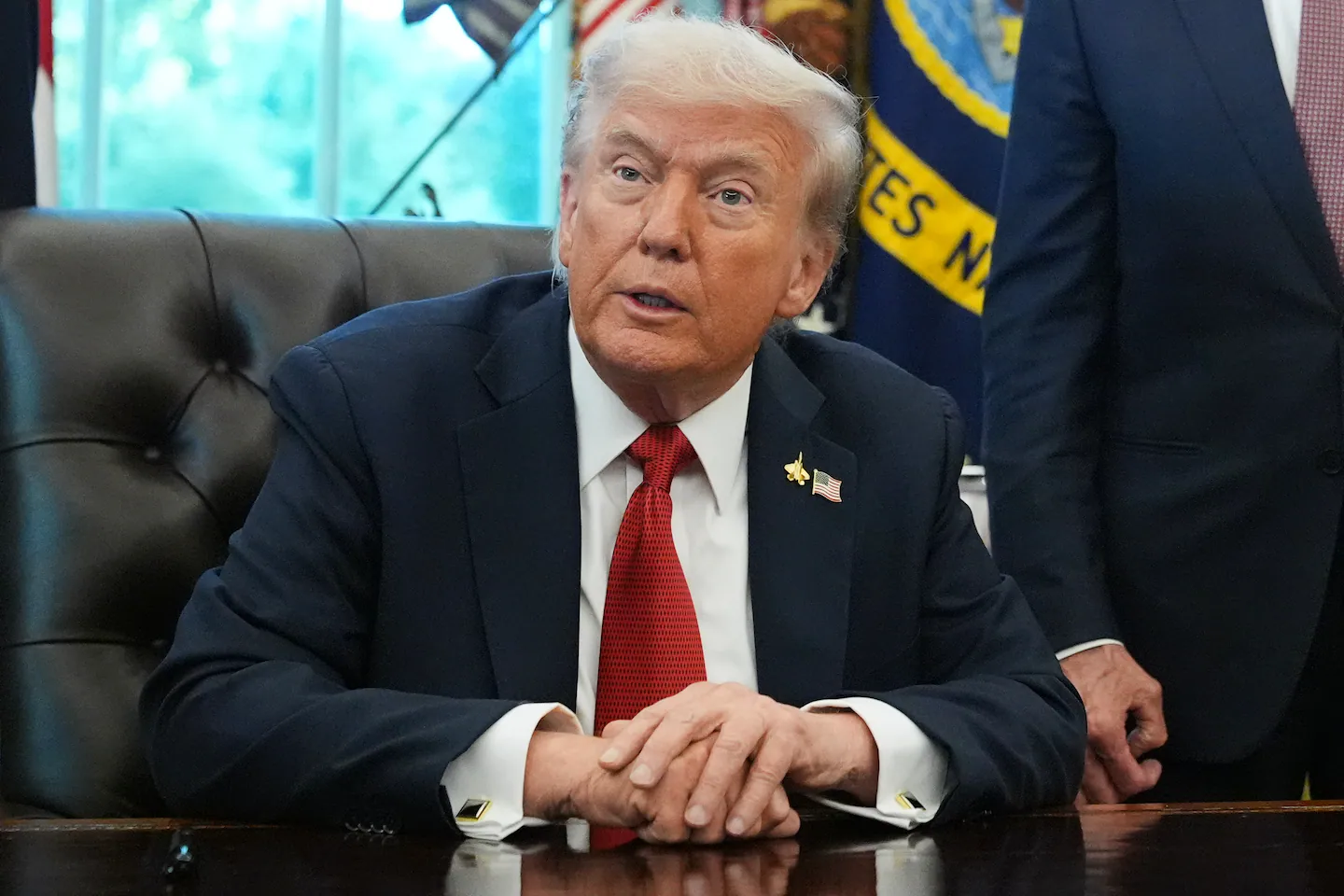
The act, first passed in the young nation in 1792, allows the president to deploy the military “to suppress rebellion or domestic violence or to enforce the law in certain situations,” according to NYU Law School’s Brennan Center for Justice.
Among the key provisions is one vague excerpt that reads, “Whenever the President considers that unlawful obstructions, combinations, or assemblages, or rebellion against the authority of the United States, make it impracticable to enforce the laws of the United States in any State by the ordinary course of judicial proceedings, he may call into Federal service such of the militia of any State, and use such of the armed forces, as he considers necessary to enforce those laws or to suppress the rebellion,” says Cornell Law School’s Legal Information Institute.
Multiple times, according to the Brennan Center.
“Presidents George Washington and John Adams used it in response to early rebellions against federal authority,” according to the center. “President Abraham Lincoln invoked it at the start of the Civil War, and President Ulysses Grant used it to crush the first incarnation of the Ku Klux Klan in the 1870s.”
It has also historically been a convenient tool for breaking strikes.
“Several other presidents, including Andrew Jackson, Rutherford Hayes, and Grover Cleveland, have deployed troops under the Insurrection Act to intervene in labor disputes, invariably on the side of employers,” the center says.
The act was used for somewhat more affirming reasons during the Civil Rights era.
“Most famously, Presidents Eisenhower, Kennedy, and Lyndon B. Johnson all invoked the Insurrection Act during the civil rights movement to enforce federal court orders desegregating schools and other institutions in the South,” the center says.
Per the Brennan Center, the act was last invoked in 1992.
“The Insurrection Act was last invoked in 1992, when the governor of California requested military aid from President George H.W. Bush in response to civil unrest in Los Angeles that followed the acquittal of four white police officers charged with beating Black motorist Rodney King‚” the center says, calling the ensuing period the longest the “United States has ever gone without an invocation of the Insurrection Act.”
Many legal scholars don’t like it.
“Unconstitutional. Illegal,“ said Richard W. Painter, a professor a at the University of Minnesota Law School who served in George W. Bush’s administration, via X. ”Congress must impeach him if he invokes the Insurrection Act. There is no insurrection.”
Joyce Alene, a former US attorney in Alabama during the Obama administration, wrote on her Substack page that Trump’s musings about the Insurrection Act do not pass constitutional muster.
“The Insurrection Act is reserved for extreme situations like rebellions or invasions,” Alene wrote. “Trump is fully capable of spinning a narrative that would claim one of those preconditions, even while having no resemblance to the truth.”
She said local police departments around the country “are more than capable of handling local crime problems. They don’t need help in the form of military boots on the ground from the feds. State and local law enforcement benefit from the provision of federal grants that permit them to hire, train, educate, supervise, and upgrade technology and equipment. They don’t need National Guardsmen who aren’t trained in community policing and don’t know state law to be dropped in, under federal control, supposedly, to help.”
Material from prior Globe stories and from Globe wire services was used in this report.